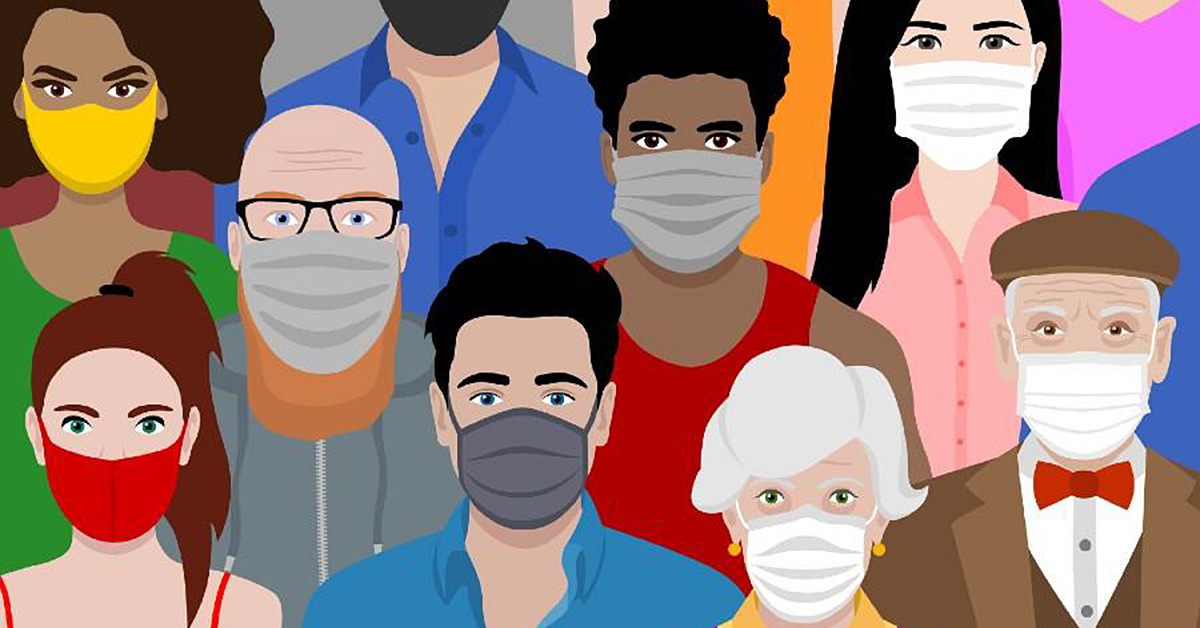People in Minnesota’s Black, Indigenous and communities of color experience some of the worst health disparities in the United States. A new research center, the Center for Chronic Disease Reduction and Equity Promotion Across Minnesota (C2DREAM), led by the University of Minnesota (U of M) and Mayo Clinic, will research the impact of structural and interpersonal racism on these health inequities for people who are Black, Indigenous and people of color (BIPOC). This work will be done in collaboration with community leaders and community health organizations across the state.

“Racism is a fundamental cause of health inequities in Minnesota,” said Rachel Hardeman, Ph.D., founding director of the Center for Antiracism Research for Health Equity (CARHE) and an associate professor in the U of M School of Public Health. “Working together, C2DREAM will study and confront the complex, multidimensional ways racism impacts chronic disease for BIPOC communities.”
“C2DREAM has brought together health equity researchers, community partners and health care leaders from across Minnesota to understand and address racism at multiple levels as a contributor to chronic diseases,” said Michele Allen, MD, MS, an associate professor in the U of M Medical School’s Department of Family Medicine and Community Health and a physician at the Community-University Health Care Center.
“I am excited to leverage the work we are doing at CARHE to build analytic strategies to measure racism at multiple levels and apply it to the research goals in C2DREAM,” said Hardeman.
C2DREAM — one of nine initiatives nationwide to receive funding — was awarded a $19,436,475 grant by the National Institute on Minority Health and Health Disparities (NIMDH). Guided by NIMDH, the P50 grant will fund health equity and disparity research for five years, including:
- Clinical studies on community and primary care approaches to diet, physical activity, smoking cessation and other factors;
- Understanding the root causes of health inequities in Minnesota BIPOC communities and the best ways of turning research results into action;
- Engaging community leaders on guiding research strategy. as well as the process of developing and sharing best practices; and
- Developing and supporting the next generation of health equity researchers.
“This research program will provide an exciting opportunity for regional collaboration to develop novel cardiovascular health interventions for both rural and urban BIPOC communities,” said Christi Patten, Ph.D., a Mayo Clinic psychologist and behavioral health researcher. “I look forward to building on the long-standing relationships we have with community research partners throughout Minnesota.”
C2DREAM is a statewide effort that brings together regional community stakeholders along with a number of health care experts from a variety of disciplines, drawing on evidence-based medical expertise as well as local and cultural knowledge to reduce disparities in BIPOC communities, including immigrants and refugees, for cardiovascular disease and related chronic conditions.
“NACC is honored to partner on C2DREAM. The opportunity to help shape the work of the Center around the impact of structural racism and discrimination on health and wellbeing in the American Indian community is a profound privilege,” said Antony Stately, Ph.D., president and executive officer of the Native American Community Clinic.
Organizations participating include: University of Minnesota, Mayo Clinic, Mayo Clinic Health System, Hennepin Healthcare, Hennepin Healthcare Research Institute, Native American Community Clinic, and Rand Corporation. The University schools and centers are CARHE, the School of Public Health, Memory Keepers Medical Discovery Team and the Medical School.

